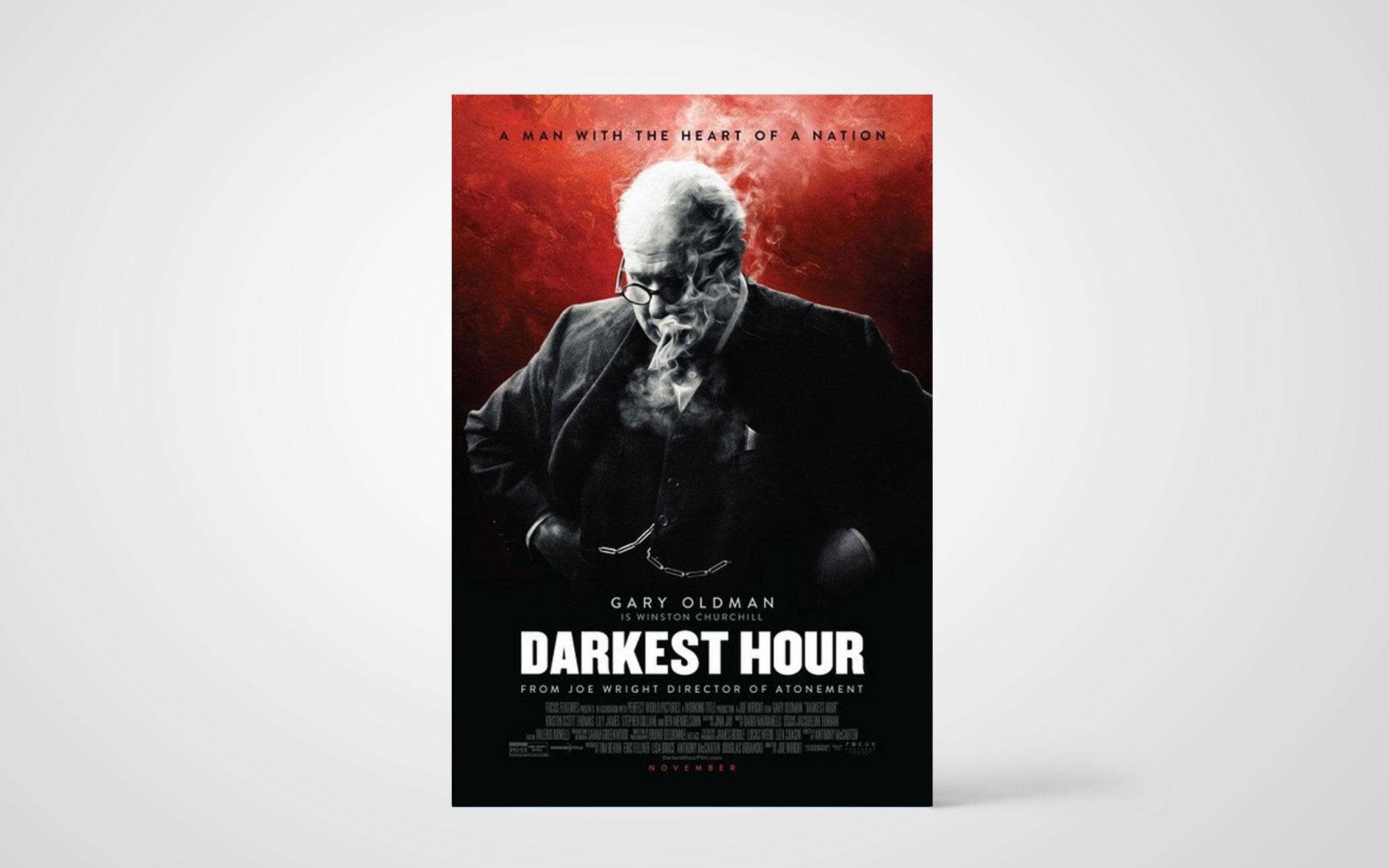As the Nazis continued to conquer Europe in 1940, it became obvious that England was the next target. Winston Churchill, new to the role of prime minister, faced a dire situation—virtually the entire British army was cornered on the beach in Dunkirk. Some leaders pushed for more negotiations with Hitler, but Churchill knew that any sort of agreement could not be trusted.
In The Darkest Hour, Gary Oldman disappears into the character of Churchill, perfectly inhabiting the role with bristly courage and tempered optimism. He battles not only Hitler, but the power and allies of the former PM Neville Chamberlain, who continued as the party leader until his death six months later. Churchill has to lead the nation into what must have seemed a dismal future.
The movie adds great context to Christopher Nolan’s summer blockbuster, Dunkirk. The political maneuvering is fascinating to behold. But a few flaws prevent this from being a great biopic.
For one, it is exceedingly verbal, as was Churchill himself—he was a gifted orator. That’s not, by itself, a reason for criticism, but it’s a rare movie that makes me wish for a few moments of dramatic silence the way this one did. The dramatic climax is meant to be Churchill’s first speech to Parliament, akin to King George’s dramatic address to the nation at the start of the war in The King’s Speech. But there has been so much talk, so much speechifying before we get to that critical speech in Parliament that much of the suspense is drained from it.
And in one rather far-fetched scene, Churchill takes the subway to that important meeting of Parliament, asking the opinion of “the people” as he rides. Director Joe Wright likely intended to add an inspirational moment, to make clear that Churchill was admired by citizens, and to show that he was an independent thinker in touch with the working class. But it’s hard to take seriously since it feels inauthentic. And while the scene holds up Churchill as a man of the people, it’s hard not to think about populism’s darker side.
The Darkest Hour is fun for history buffs, and it’s an interesting look at politics. It’s also a good reminder of how impossible it seemed that Hitler could be defeated. Churchill is a cigar smoking, whiskey drinking version of Esther, the right person “for such a time as this.” However, as far as filmmaking goes, this is not the finest hour. (Focus)
About the Author
Kristy Quist is Tuned In editor for The Banner and a member of Neland Ave. CRC in Grand Rapids, Mich.

